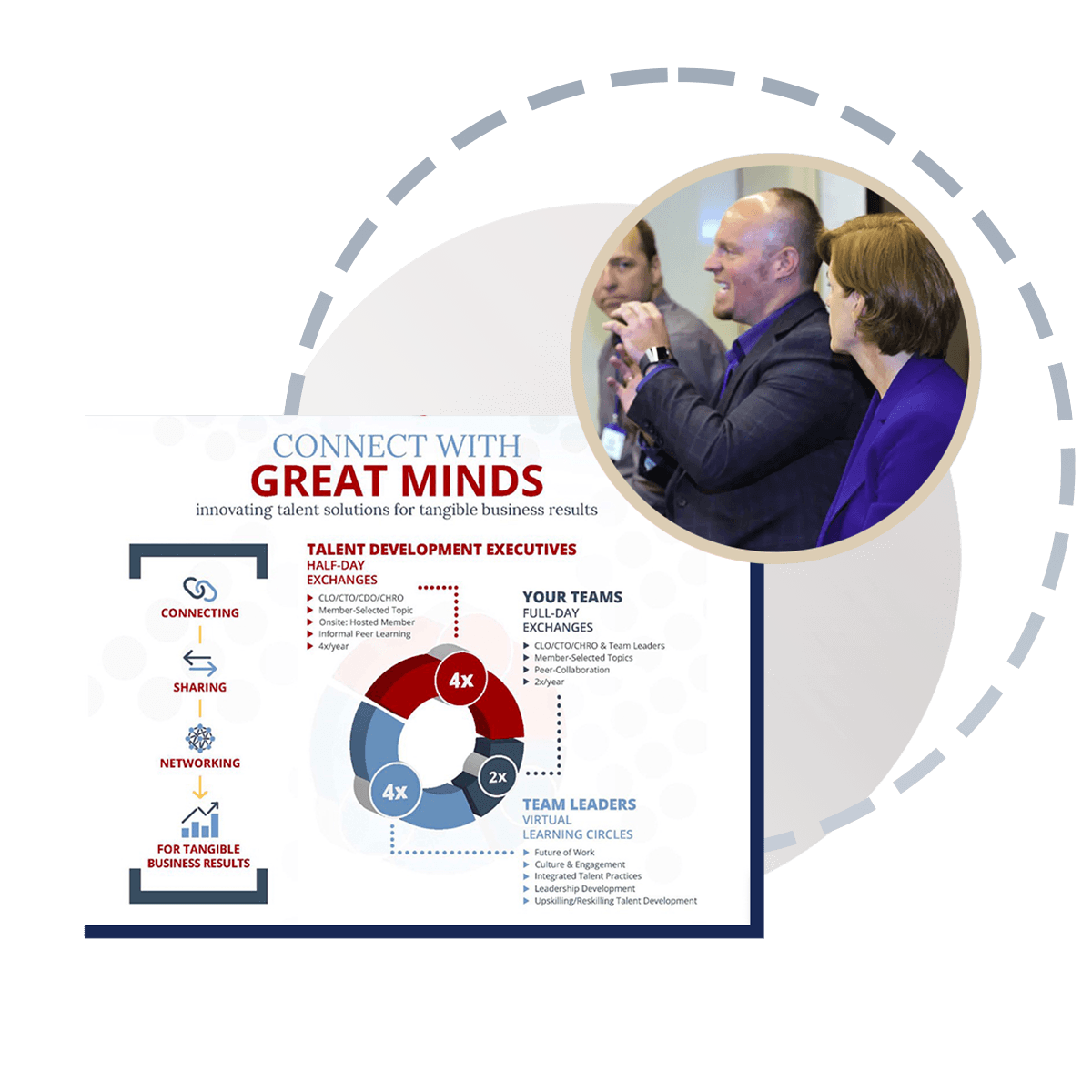A current workforce with multi-generational learners requires a learning model that engages all learning styles.
The traditional education model is not ideal for adult learners:
- “One size fits all”
- Fixed time, variable outcomes
As uncovered by Colorado Technical University in their paper, A Desire To Learn: How Employers Can Capitalize On Employees’ Openness To Furthering Education"(Oct 2014, Forrester Consulting),
among working professionals, the desire for career advancement and professional development is nearly ubiquitous.
It comes as no surprise that nearly all employees want to advance their careers and increase their earning potential, but that rarely happens without opportunities to learn and develop additional skills, either on the job or through outside resources.
Forrester’s study yielded these five key findings:
- Both degree programs and professional certifications are of interest to employees.
- Motivations for furthering education vary primarily by age and work tenure.
- Employees are most interested in a blended learning approach.
- Even among employees who are motivated to learn, personal and professional dynamics often become barriers to pursuing education.
- Nearly half of employees question their company’s commitment to employee development.
In this Insight, Joe and Colorado Technical University analyze this opportunity and dives deeper into the benefits of adaptive learning. The session wraps up with how to apply personalized learning to your business.
